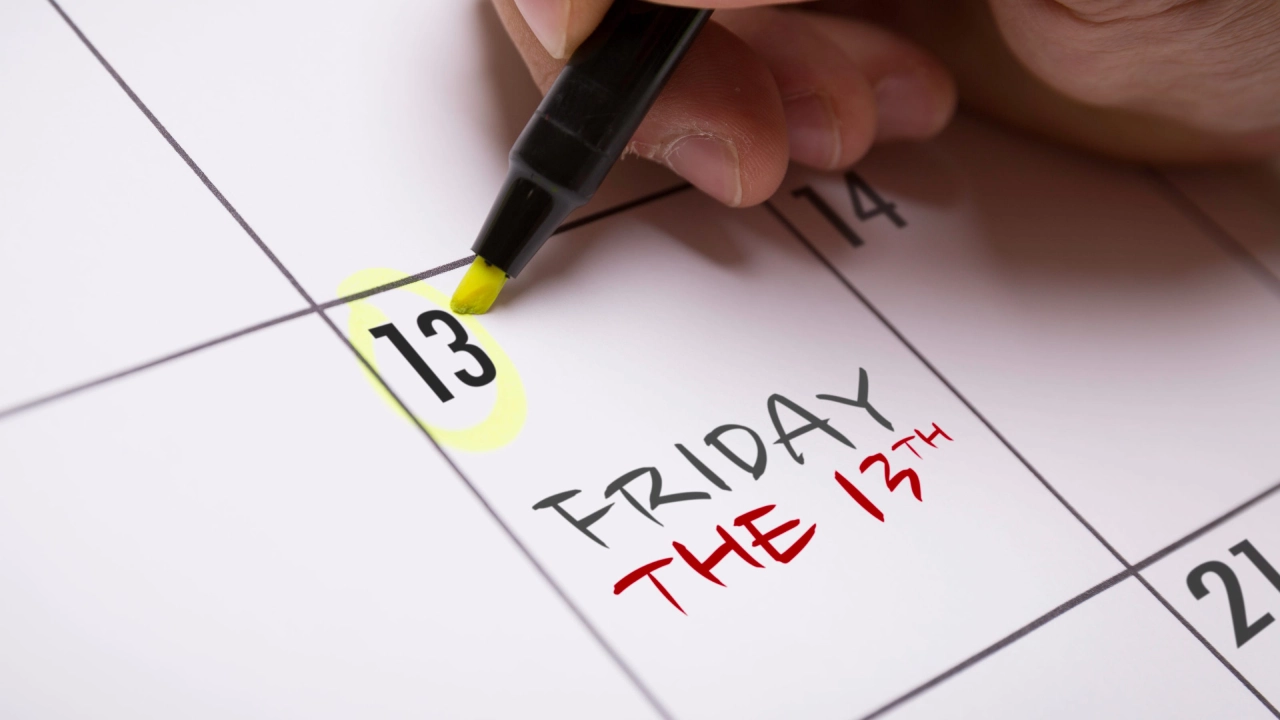The Mystery of Friday the 13th
Friday the 13th has long been considered an unlucky day, with many people avoiding important decisions, travel, or even stepping outside. But where did this superstition come from? Is there any truth to the fear surrounding this date?
The belief that Friday the 13th brings bad luck is deeply rooted in history, religion, and pop culture. From ancient myths to modern horror films, this day has gained a reputation for being ominous and mysterious.
The Origins of Friday the 13th Superstition
The fear of Friday the 13th comes from a combination of two separate superstitions: the unlucky number 13 and the bad luck associated with Fridays.
1. The Number 13: A Symbol of Misfortune
Many cultures consider 12 to be a “complete” number—there are 12 months in a year, 12 zodiac signs, 12 apostles, and 12 hours on a clock. The number 13 disrupts this harmony, making it seem irregular and unlucky.
Some historical events have contributed to this belief:
- In Norse mythology, the trickster god Loki crashed a dinner party of 12 gods, becoming the 13th guest and causing chaos.
- In Christianity, Judas Iscariot, the disciple who betrayed Jesus, was the 13th guest at the Last Supper.
Even today, many hotels and buildings skip the 13th floor, and some airlines avoid row 13 on their planes.
2. Why Is Friday Considered Unlucky?
Friday has long been associated with misfortune in various traditions:
- Jesus was crucified on a Friday, making it a day of sorrow in Christianity.
- Some biblical scholars believe Adam and Eve ate the forbidden fruit on a Friday.
- In medieval Britain, Friday was known as “Hangman’s Day”, as executions were often carried out on Fridays.
When Friday and the number 13 come together, it creates a double dose of bad luck, leading to the widespread fear of Friday the 13th.
How Friday the 13th Became Famous
The superstition surrounding Friday the 13th became more popular in the 20th century, thanks to books, movies, and media.
1. The 1907 Novel That Started It All
The fear of Friday the 13th gained widespread attention after the publication of T.W. Lawson’s novel “Friday, the Thirteenth” in 1907. The book tells the story of a stockbroker who manipulates the superstition to crash the stock market.
2. The Horror Movie Franchise
The Friday the 13th horror movie series, which began in 1980, cemented the date’s reputation as a day of terror. The films follow the infamous Jason Voorhees, a masked killer who haunts Camp Crystal Lake.
With 12 movies in the franchise, the films have made Friday the 13th synonymous with fear and bad luck.
Is Friday the 13th Really Unlucky?
Despite its reputation, there is no scientific evidence that Friday the 13th is actually unlucky. Studies have shown that accidents, deaths, and disasters do not increase on this day.
In fact, some cultures consider 13 to be lucky:
- In Italy, Friday the 17th is feared instead of Friday the 13th.
- In China and Japan, the number 4 is considered unlucky, while 13 is neutral.
Some people even celebrate Friday the 13th, believing it to be a day of transformation and new beginnings.
Final Thoughts: Should You Fear Friday the 13th?
While Friday the 13th has a long history of superstition and fear, there is no real reason to be afraid. The belief in bad luck is largely based on myths, religious traditions, and pop culture.
Whether you avoid stepping outside or embrace the day as a lucky one, Friday the 13th remains one of the most fascinating and mysterious dates in the calendar.
















Leave feedback about this